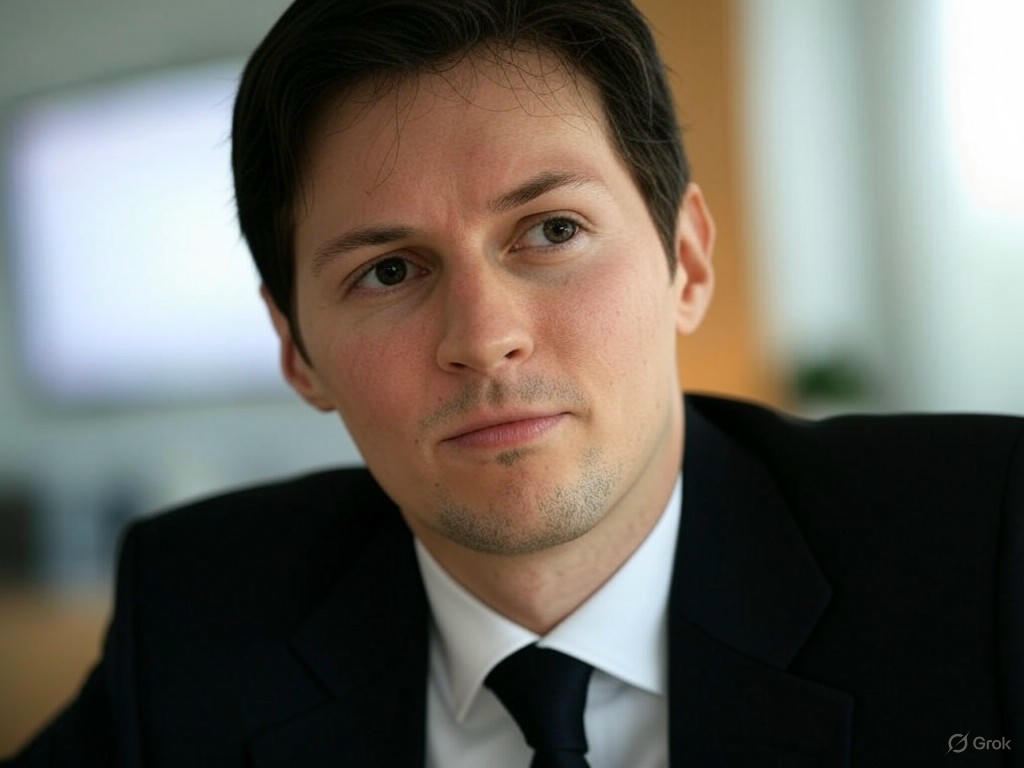In a stunning revelation that has captured global attention, Pavel Durov, the visionary behind the popular messaging platform Telegram, has announced an extraordinary decision regarding his vast fortune. The tech mogul, known for his innovative contributions to digital communication, recently shared in a candid interview that he intends to distribute his wealth among more than 100 children he has fathered. This unprecedented move not only highlights Durov’s unconventional personal life but also raises intriguing questions about legacy, responsibility, and the future of wealth distribution in the tech industry.
Durov, who built Telegram into a powerhouse with hundreds of millions of users worldwide, is no stranger to making bold statements. His platform has been a beacon of privacy and free expression, often standing firm against governmental pressures. However, this personal disclosure shifts the spotlight from his professional achievements to a deeply private aspect of his life. While details about his family remain scarce, Durov’s decision to include all his children as beneficiaries of his estate speaks to a desire for fairness and inclusivity. It also underscores a broader trend among ultra-wealthy individuals to redefine how their legacies are passed down, moving beyond traditional family structures.
The implications of this announcement are far-reaching. Dividing a fortune among such a large number of heirs could set a new precedent for wealth management in the digital age. Experts suggest that Durov’s estate, likely valued in the billions given Telegram’s success, will require meticulous planning to ensure an equitable distribution. Legal and financial advisors may face unique challenges in navigating cultural, logistical, and jurisdictional differences, especially if his children reside in various parts of the world. Furthermore, this decision could inspire other tech entrepreneurs to consider unconventional approaches to inheritance, challenging societal norms around family and wealth.
Beyond the logistics, Durov’s plan sparks a deeper conversation about responsibility and impact. By choosing to support such a vast number of heirs, he is potentially creating opportunities for dozens of young individuals to pursue education, entrepreneurship, or philanthropy. This could amplify his influence far beyond the tech sphere, fostering a new generation of innovators or changemakers. However, it also raises questions about how prepared these heirs might be to handle significant wealth and whether Durov has mechanisms in place to guide them.
As the world processes this remarkable news, Pavel Durov remains an enigmatic figure—both a pioneer in technology and a father with an extraordinary vision for his family’s future. His decision to share his estate with over 100 children is not just a personal choice but a statement on legacy in the modern era. While the details of his plan are yet to fully unfold, one thing is clear: Durov’s influence, much like Telegram itself, will continue to resonate across borders and generations, shaping conversations about wealth, family, and responsibility for years to come.
